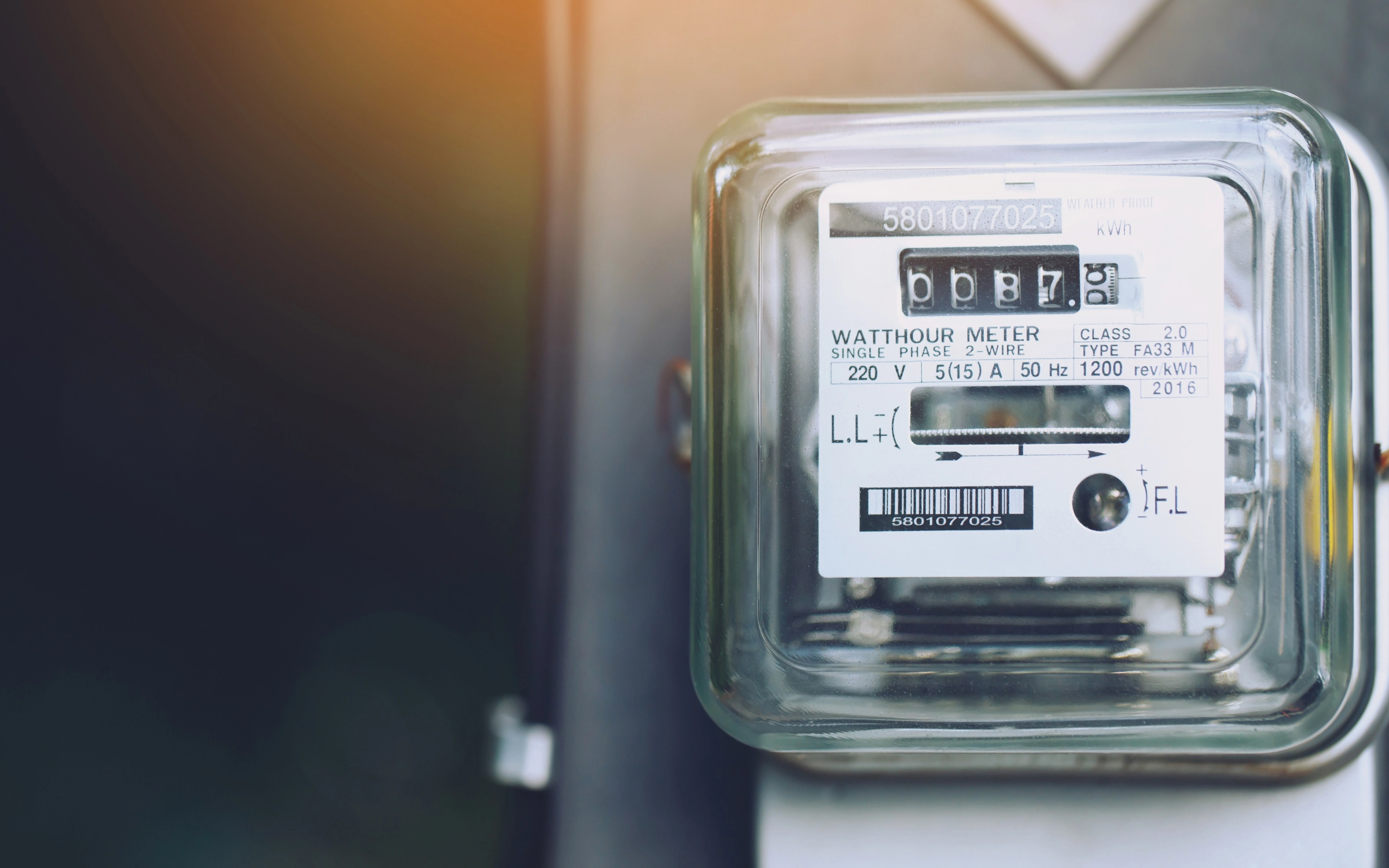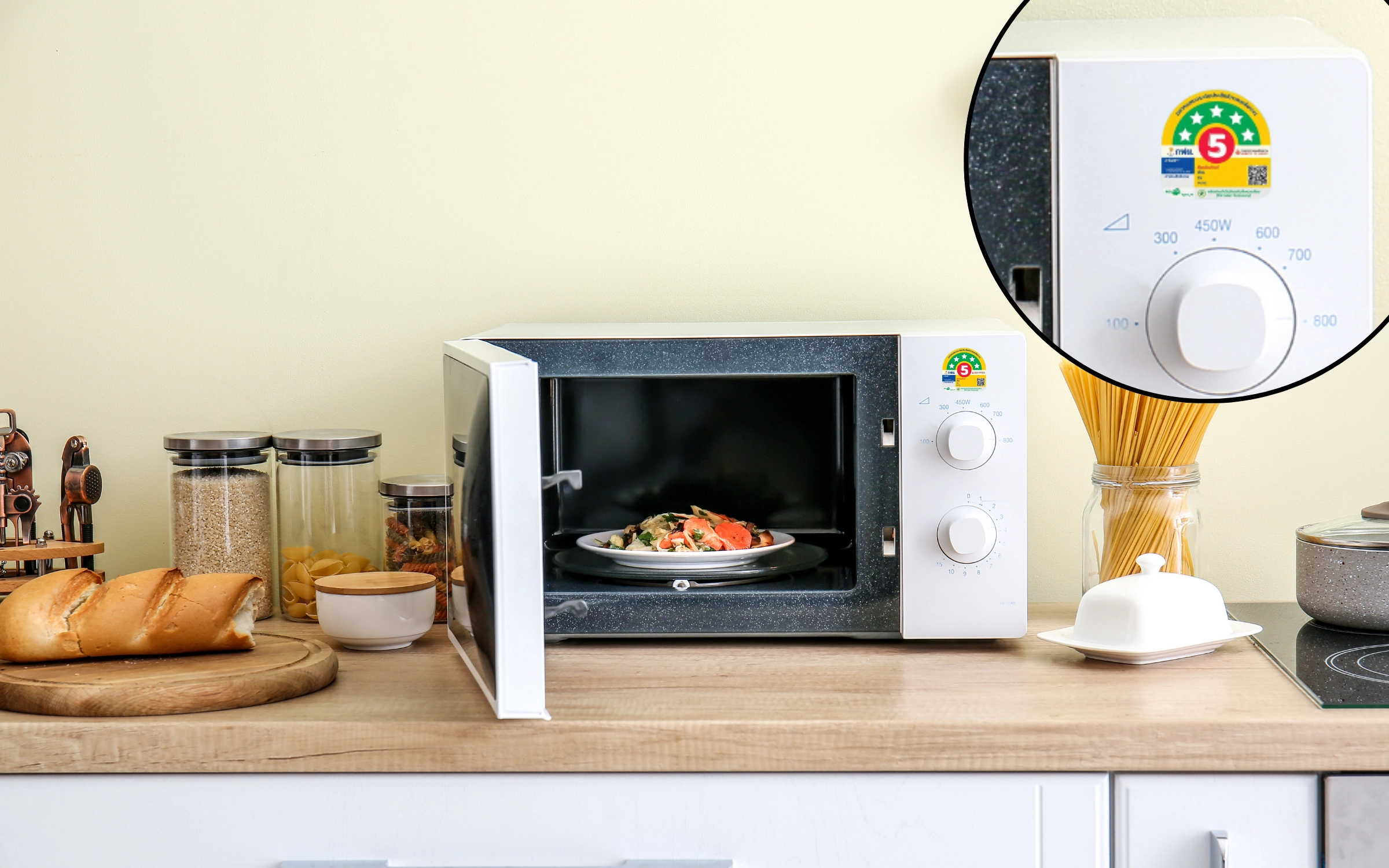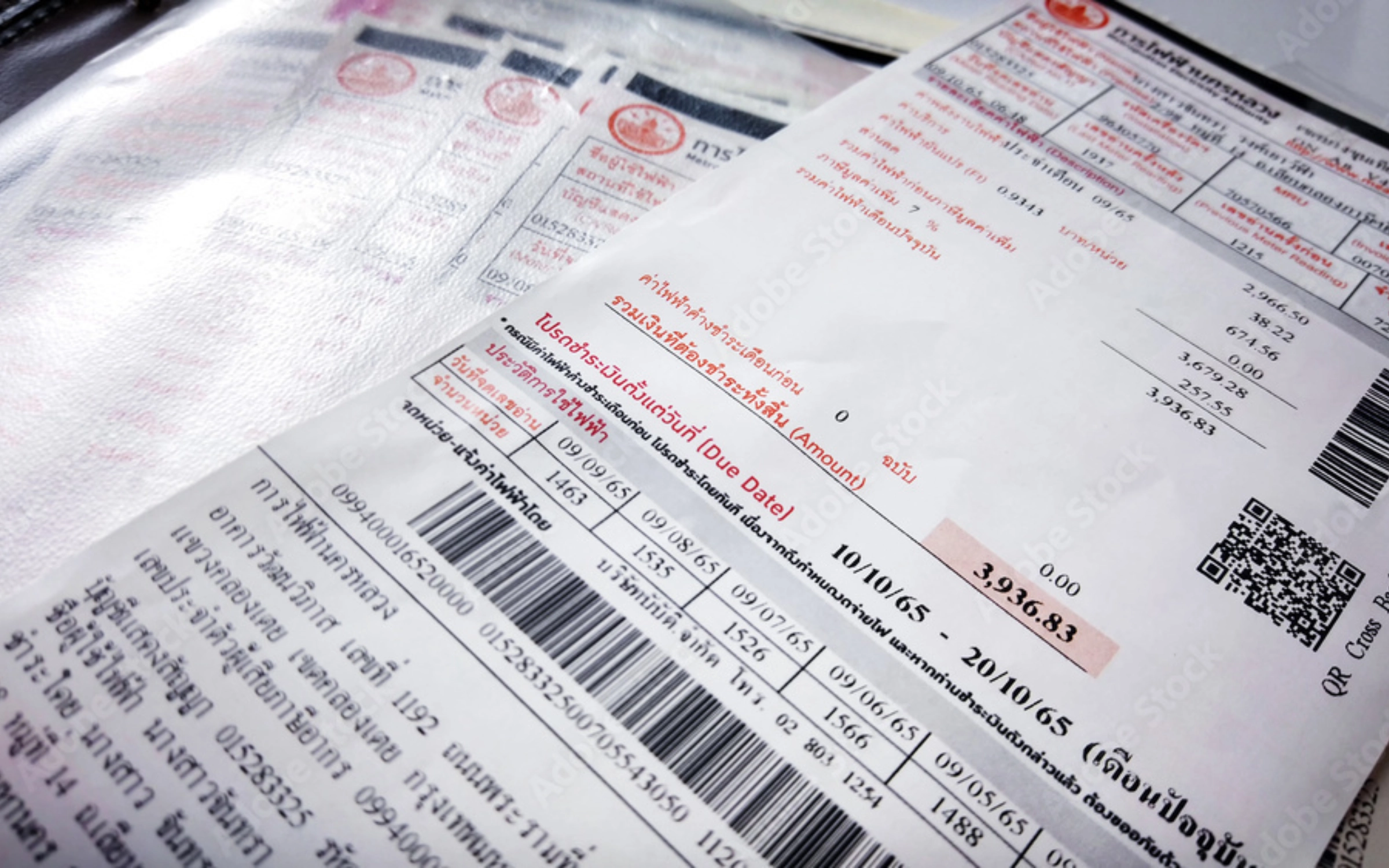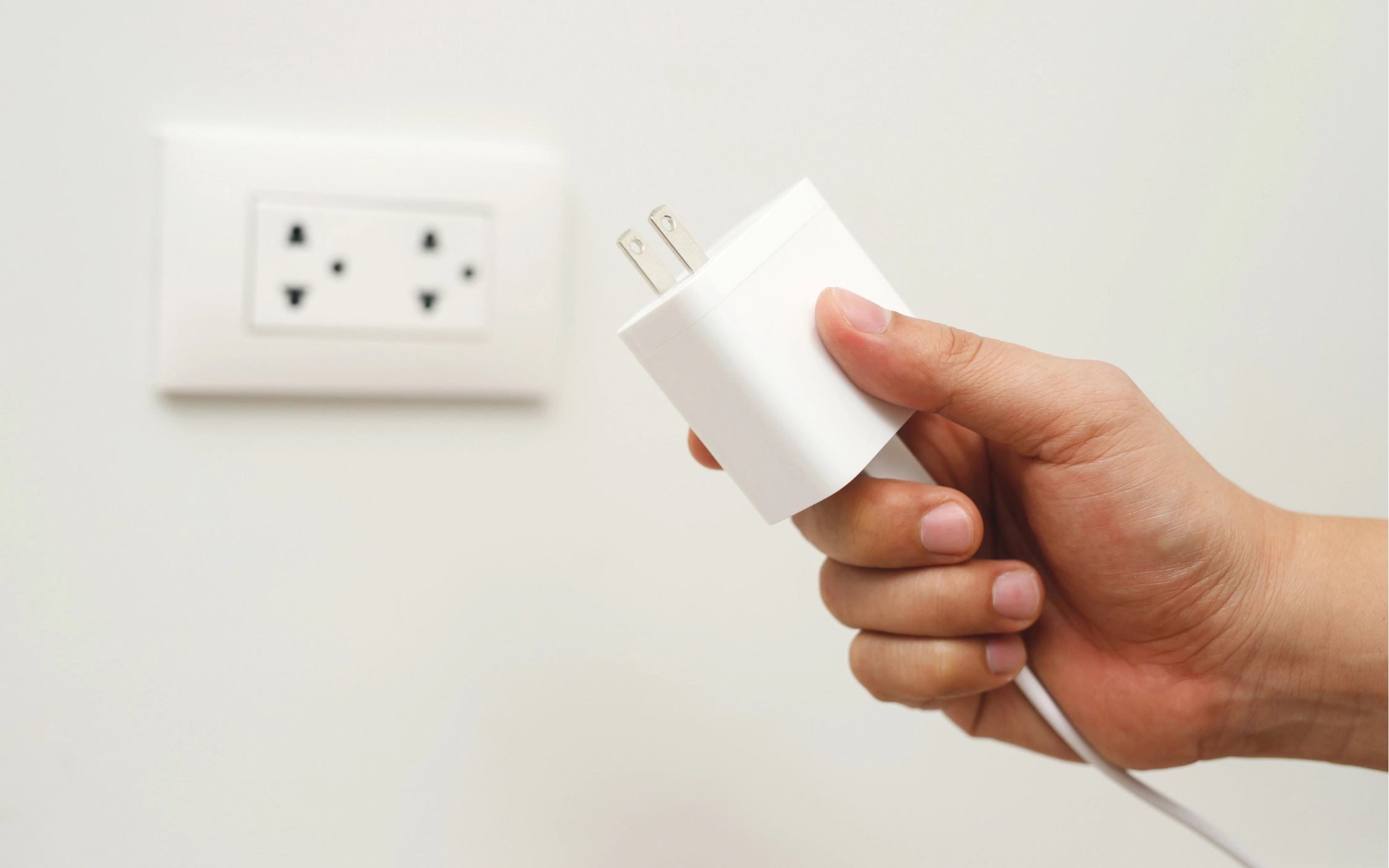How to save on electricity bills in Thailand

Electricity bills can get pretty high, especially in a hot country like Thailand where you’re running the air conditioner a lot. But don’t worry, there are some easy ways to lower your energy use and save money without giving up your comfort. Here’s a handy guide to help you keep those electricity costs down while still staying cool.
1. Be aware of seasonal temperature changes
Thailand’s weather can really impact your electricity bill, especially during the hot season from March to June when air conditioners are running non-stop. April is usually the worst, with AC usage driving up costs. For every 6°C the temperature goes up, air conditioners use 15% more electricity, according to energy ministry officials. But when the cooler months roll around, from November to February, it’s a good time to ease up on the AC. If the weather is nice, try switching it off and using fans, opening windows, or letting natural breezes cool you down. Adjusting how you use electricity based on the season can really help cut down your costs.
2. Use energy-efficient appliances
A super easy way to lower your electricity bill is by picking energy-efficient appliances. In Thailand, look for appliances with the Energy-Saving Label No.5. Some even have extra stars, more stars mean better efficiency. While these might cost a bit more, they’ll save you heaps in the long run because they use less power. Appliances like fridges, washing machines, and air conditioners with higher star ratings will do the job just as well but with way less energy, so you’ll definitely notice the savings over time.

3. Optimise air conditioning use
Air conditioning can really drive up your electricity bill, but with a few simple tricks, you can keep things cool and save energy:
- Set the thermostat between 25-27°C: This is the sweet spot for staying comfy without wasting energy. Dropping the temp lower than this can boost your electricity use by 5-10% for every degree.
- Don’t constantly turn your AC on and off: It might seem like turning it off when you’re not using it saves energy, but doing this too often actually uses more. It’s better to keep it running at a steady temperature. If you’re just popping out for a bit, raise the temp instead of turning it off.
- Regular maintenance: Keeping your AC clean is key for it to work efficiently. When filters get dirty, the unit has to work harder, meaning higher energy use. Clean or replace filters every 2-3 months, and make sure the outdoor unit stays clear of dirt and leaves.
These little tweaks can make a big difference in keeping your electricity costs in check.
4. Taking advantage of fuel tariff discounts
In Thailand, your electricity bill can go up because of something called the Fuel Tariff (FT), which covers the cost of fuel used to generate electricity. The good news is that the government occasionally offers FT discounts, which can bring down your electricity costs for a while. To take advantage of this, keep an eye on announcements from the Metropolitan Electricity Authority (MEA) or the Provincial Electricity Authority (PEA). These discounts can help ease the pressure of rising energy prices, even if it’s just for a short time.

5. Understand MEA/PEA rates
Thailand uses a tiered system for setting electricity rates, which are determined by the MEA or PEA. Basically, the more electricity you use, the more you pay per unit. For example, the first 150 units are charged at a lower rate, but once you go over that, the price per unit goes up. So, keeping your usage within those lower tiers can really help keep your bill in check. Knowing how the pricing works gives you more control over your monthly costs.
• MEA: Covers Bangkok, Nonthaburi, and Samut Prakan. Electricity rates under MEA are generally a bit higher since they manage the densely populated, urban areas.
• PEA: Handles the rest of Thailand, covering provincial and rural areas. PEA rates can be slightly lower compared to MEA because of the different cost structures in rural regions.
Both MEA and PEA use a tiered system where you pay more per unit as your consumption increases, but the exact rates can vary slightly between the two authorities.
6. Be smart with lighting
Switching to LED bulbs is one of the simplest ways to save on energy. LEDs use up to 80% less electricity than old-fashioned incandescent bulbs and last way longer too. Plus, take advantage of Thailand’s sunny days by letting in natural light! Keep your curtains open during the day to brighten up your space and cut down on your need for artificial lighting.
7. Unplug devices when not in use
Did you know that many electronic devices still consume electricity when they’re plugged in, even if they’re not being used? This is called phantom load or standby power. Unplug devices like phone chargers, microwaves, and computers when they’re not in use, or use power strips that make it easy to turn off multiple devices at once. You’ll be surprised at how much this can lower your electricity bill over time.

8. Use solar power: a long-term investment
If you own your home, think about installing solar panels. With all the sunshine in Thailand, solar power can really help lower your electricity bills. Many homeowners find that even though the upfront costs can be high, they pay off within a few years thanks to the savings on energy and possible government incentives.
9. Adjust your daily habits
Making small tweaks to your daily routine can lead to big savings:
- Limit hot water use: Try using cold water for laundry and take shorter showers.
- Keep doors and windows closed: This helps keep the indoor temperature steady, so you won’t need to rely on the air conditioning as much.
- Wash clothes in cold water: Heating water takes up a lot of energy, so whenever you can, switch to cold water for your laundry.
- Batch cooking: Prepare meals in larger quantities and reheat them, which can save energy in the long run.
These simple changes can really help lower your electricity costs!
10. Monitor your usage
Make sure to keep an eye on your electricity usage using your utility provider’s online tools or smart metres. By understanding your patterns, you can spot where you can cut back and take action to lower your bills. This way, you’ll know exactly where you can save.
You don’t have to make huge sacrifices to save on electricity bills in Thailand. By using energy wisely, taking good care of appliances like air conditioners, and understanding pricing and fuel tariff discounts, you can really cut down on your monthly costs. Following these tips can help you live comfortably, sustainably, and affordably in Thailand, all while maximising your energy savings.
Latest Thailand News
Follow The Thaiger on Google News:


























